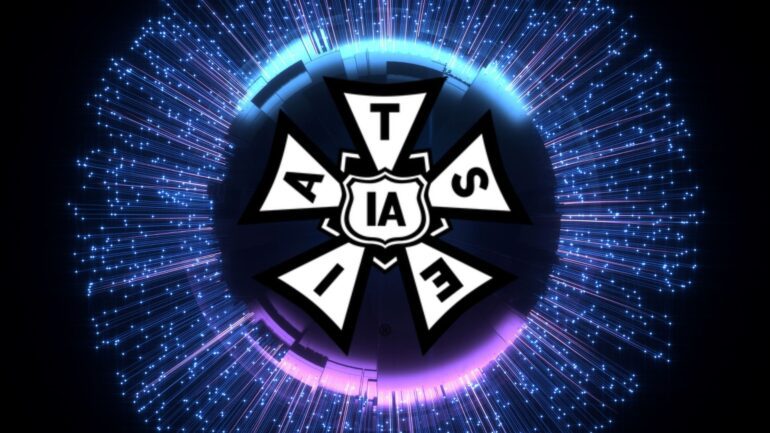- IATSE shifts its stance on AI from apprehension to potential benefit for union members.
- Negotiations for a new contract with Hollywood’s major studios and streamers include discussions on AI.
- Concerns arise about the impact of AI on various roles within the industry, especially in editing.
- AI tools like Sora from OpenAI spark debates within the guild about their limitations and capabilities.
- Despite uncertainties, negotiations aim to address fears while recognizing AI as both a challenge and a tool in the workplace.
Main AI News:
In the recent past, when the Writers Guild of America took a stand in May, there was a prevalent sentiment among union leaders that artificial intelligence could spell doom for writers, envisioning a future where TV content might be churned out by a single writer aided by AI. Fast forward ten months, the narrative in Hollywood labor circles has undergone a significant shift. At a rally held in Los Angeles on March 3, Matthew Loeb, the international president of IATSE, highlighted the potential of AI to streamline the tasks of union members.
Addressing the crowd, Loeb stated, “We want some of the spoils of artificial intelligence.” As IATSE gears up to negotiate a fresh three-year contract with Hollywood’s major studios and streaming platforms, AI looms large on the agenda. Following suit with other unions like the WGA, SAG-AFTRA, the Directors Guild of America, and the American Federation of Musicians, IATSE seeks to establish boundaries on the use of AI. This technology has been a contentious issue, as evidenced by the recent strikes staged by WGA and SAG-AFTRA.
Negotiations with IATSE always pose a challenge due to the diverse array of disciplines it represents, ranging from boom operators to costume designers. While some members may not be directly threatened by AI, others face more vulnerability. Jillian Arnold, chair of IATSE’s subcommittee on AI for negotiations, views AI as both a challenge and a tool within the workplace. She emphasizes the need to address fears while recognizing the potential benefits.
Local 700 of IATSE, represented by the Motion Picture Editors Guild, stands at the forefront of potential AI impact. The guild’s Emerging Technology Committee anticipates that certain roles within the industry could become obsolete. Harry B. Miller III, co-chair of the committee, stresses that the consequences of AI will be varied, with both positive and negative outcomes.
Even seasoned editors express apprehension about AI’s implications for their profession. According to an Oscar-winning film editor from Local 700, concerns are widespread across age groups and experience levels within the industry.
The emergence of AI software like Sora from OpenAI has sparked discussions within the guild. Asher Pink, co-chair of the Emerging Technology Committee, has had to reassure members about the limitations of such technology. He emphasizes that AI tools currently available lack the capabilities required for editing broadcast-quality content.
Pink and Miller underscore that AI models fall short in tasks such as maintaining continuity between shots and scenes, as well as executing match cuts — areas where human editors excel. Additionally, the impact of technological advancements may disproportionately affect assistant editors compared to editors, potentially altering or eliminating certain roles.
The Editors Guild also represents story analysts, whose responsibilities might seem suitable for AI handling. However, Pink explains that AI’s ability to provide plot summaries doesn’t equate to understanding the essence of a story as perceived by audiences.
Amidst uncertainties about AI’s influence on job creation and elimination, negotiations for the future remain challenging. As one prominent member of Local 700 puts it, the inevitability of AI’s role in the industry is acknowledged, albeit reluctantly.
Conclusion:
The evolving perspective of IATSE on AI reflects a nuanced approach to technological integration within Hollywood labor. While concerns persist about the potential job displacement, negotiations signal an acknowledgment of AI’s role as both a challenge and an opportunity. This shift underscores the need for adaptive strategies within the market to navigate the evolving landscape of AI in the entertainment industry.

